Nowadays, having a healthy lifestyle is pretty trendy and it is actually a great and positive thing to set as a goal. A balanced diet, physical activity, good sleep – all of these make us strong, healthy, and happy. But very often false stereotypes, that seem to be true, appear on the wave of a trend and we have to be careful because believing these can harm us. Check out the following list and tomorrow you will probably decide to get rid of that uncomfortable “ergonomic” chair or diversify your diet with dishes prepared in a multi-cooker.
We have investigated a list of these stereotypes and will fill you in on the reality so you can start your true pursuit of self-perfection. At the end of the article, there is also a bonus that will tell you the best time to take a shower.
1. The redder salmon meat is, the healthier it is.
Wild breeds of salmon such as sockeye salmon, coho salmon, chum salmon have an intense bright coloring, while more expensive and fat salmon breeds (which are also rich in Omega-3s) are actually much more pale. And those white streaks you see in fish are actually good – they mean that no dyes were added to the fish.
So, color is not an indicator of freshness or ‘wildness.’ Most of the salmon sold in supermarkets is either delivered from farms or has been previously frozen – all because a freshly-caught fish spoils really fast.
2. Ergonomic furniture is always better than normal furniture.

The trial period for an ergonomic chair should be very long, thoughtful, and attentive. If you don’t have an opportunity to check and test this expensive purchase over time, then it’s better to skip it.
3. Our body needs regular cleansing.
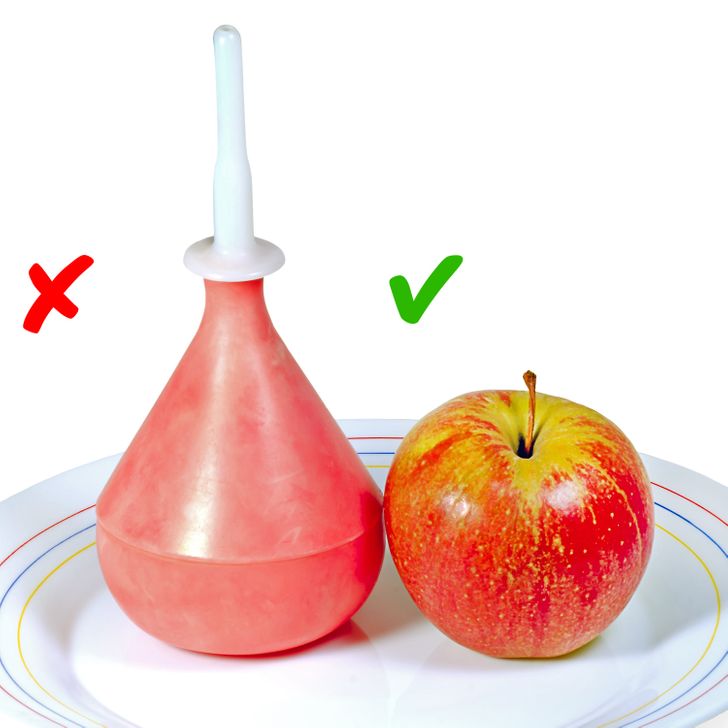
Research hasn’t confirmed the efficiency of methods of detox like frequent enemas, special diets, fasting, and juice drinking. But the same research has shown possible negative consequences like problems with microflora, bloating, vomiting, stomach disorders, and liver failure. The consumption of fiber-rich fruits and vegetables is much more useful and safer.
4. Microwave or multi-cooker food is harmful.

It has been proven that products from a microwave oven and a multi-cooker (the working principle of which is based on the combination of different heating and pressure modes) don’t get ‘radiated’ and don’t lose vitamins and nutrients. Their usefulness depends only on the ingredients.
Also, a microwave oven and a multi-cooker are both more suitable for preparing diet food because of the small consumption of oil during the cooking process.
5. All fruits and vegetables should be peeled.
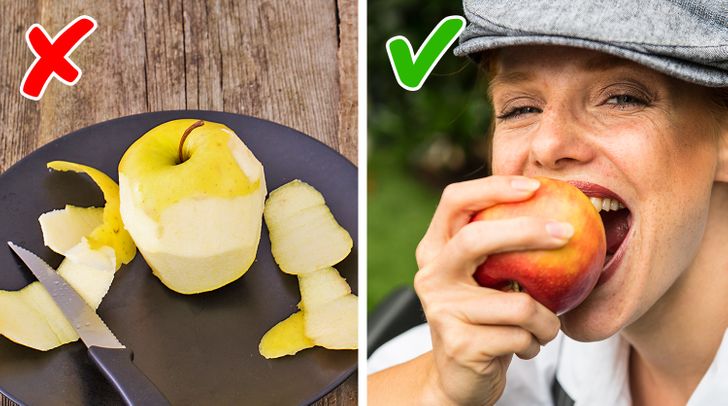
Keep in mind that you should wash these products carefully (kiwi should be washed with a brush).
6. You should make yourself wake up early on weekends.
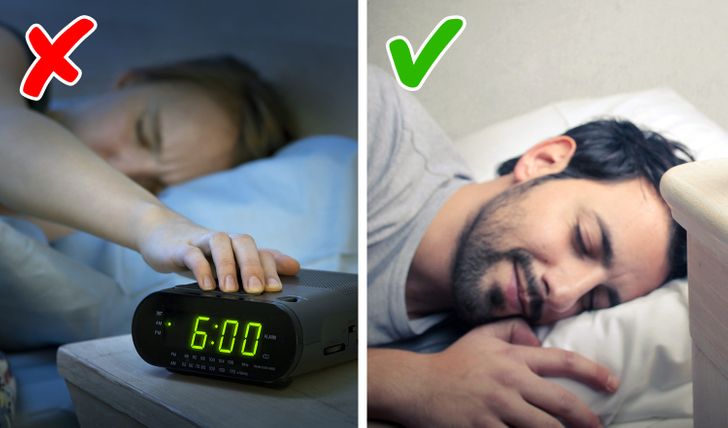
Scientists from Sweden came to a similar conclusion – compensating for lack of sleep on the weekends decreased the increased risk of early death by 15% for those not getting enough sleep. And this once again proves that a lack of sleep harms your body negatively and you should try to avoid it.
7. It’s safer for your health to drink water from bottles.

By the way, this is the reason why water spoils quickly when left in a bottle – nobody disinfects the bottleneck after touching it with their lips.
8. It’s beneficial to stretch before training.

Most coaches recommend joint articulation and dynamic stretching as warm-up exercises, leaving static ones for the end of training.
9. “Positive thinking” is the key to mental health.

You shouldn’t cut off all negative thoughts and feelings – you can use these for a sensible estimate of the real situation.
10. It’s healthy to drink a lot of juices.
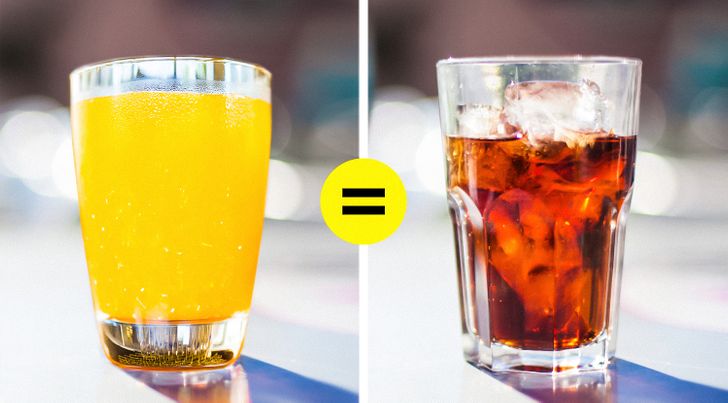
Bonus: When is the best time to take a shower?
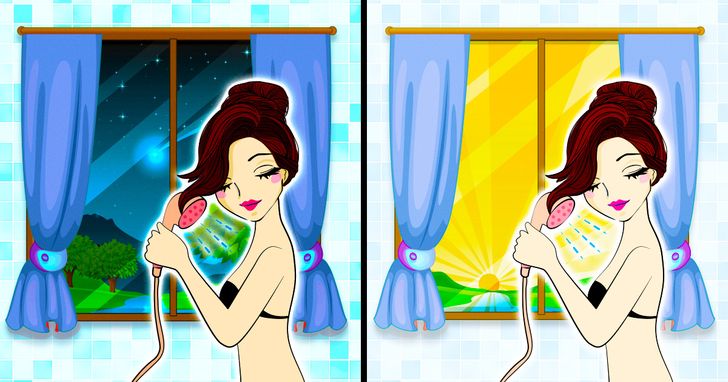
If you have oily skin, take a shower in the morning because early showering will help cleanse the fat stored in your pores overnight. Conversely, if you have dry skin, it’s better if you shift the procedure of taking a shower to the evening. This is because dry skin gets rid of a huge amount of skin cells that get collected on your body during the day and an evening shower will help wash them away.
Also, if you have difficulty falling asleep, it’s better to take a shower in the evening because cooling your body down after a hot bath will automatically make you feel drowsy and you will fall asleep easier.

